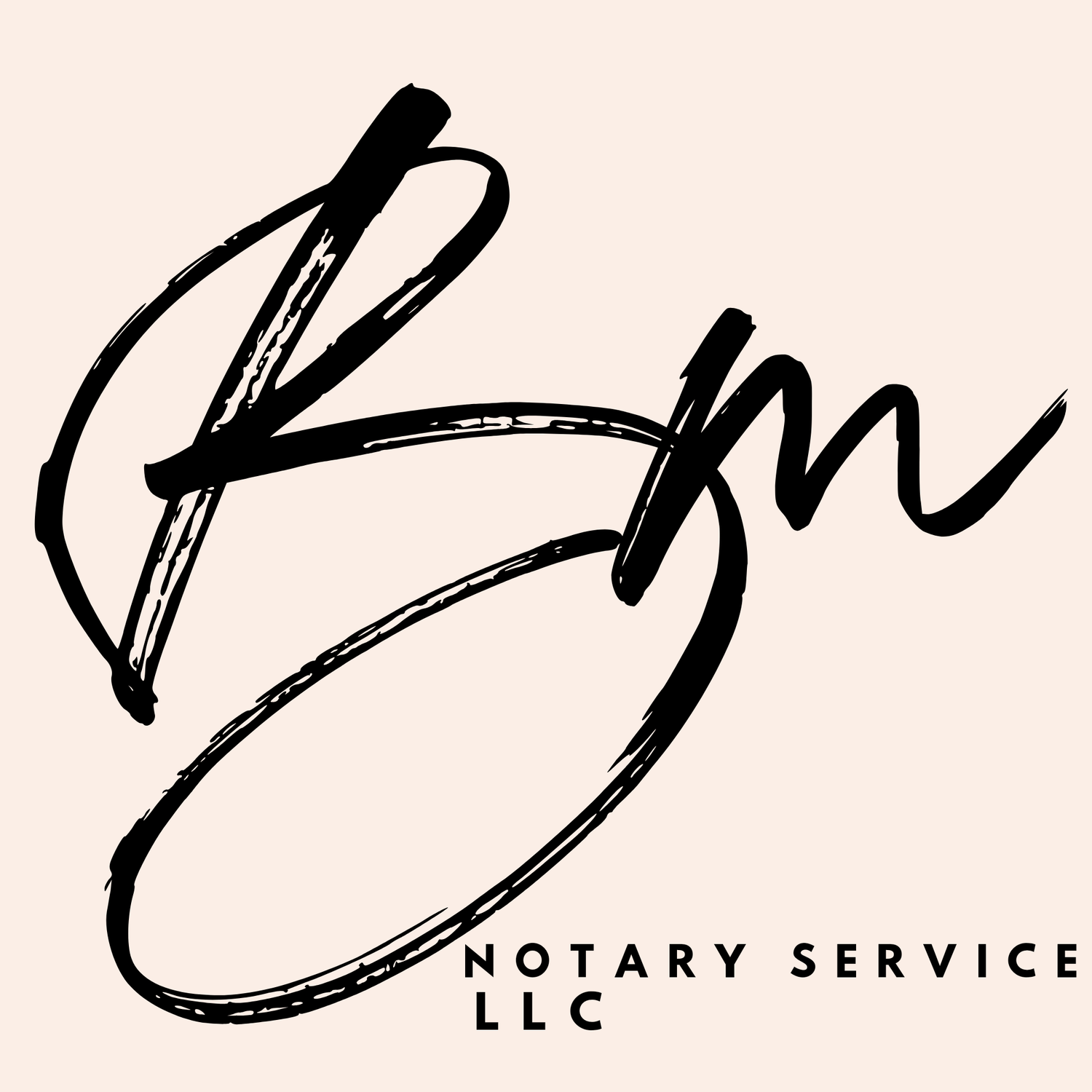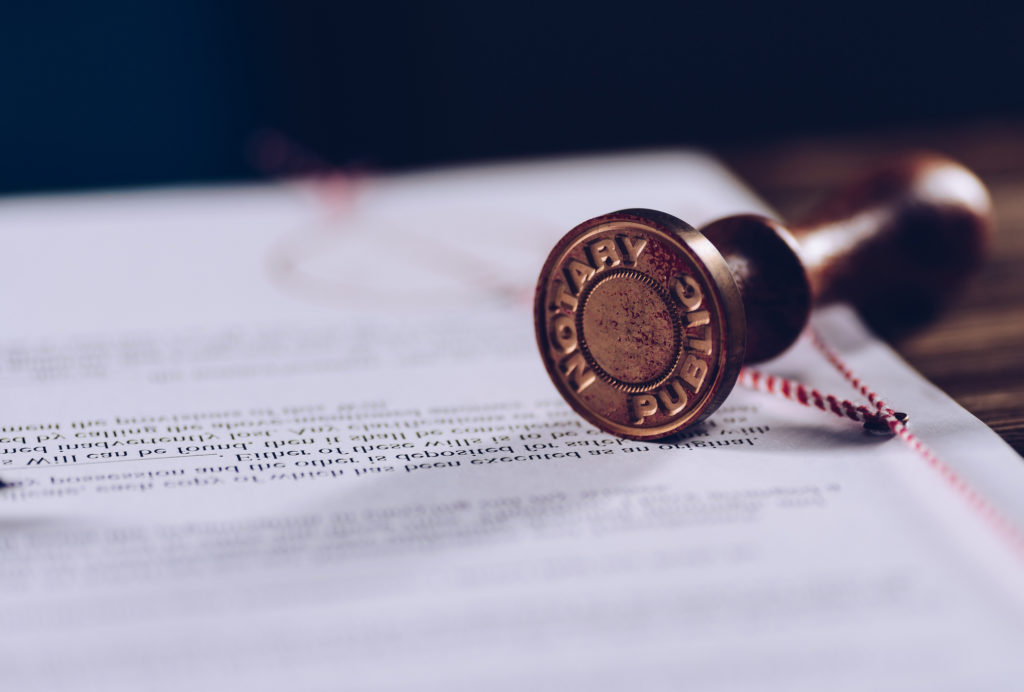Navigating DIRCO Demands: Conformity and Diplomatic Relations
Wiki Article
Demystifying Notarial Job: Streamlining the Function and Significance of Notaries
In the detailed web of legal paperwork and verification, notaries stand as pillars of assurance and authenticity. Their duty, frequently shrouded in mystery for many, carries considerable weight in guaranteeing the legitimacy and integrity of crucial documents. As guardians of validity and truth, notaries play a critical component in our society, yet their work is not constantly completely understood. By deciphering the intricacies bordering notarial practices and shedding light on the significance of their acts, a clearer understanding emerges of the vital role notaries play in upholding the fabric of contractual and lawful agreements.The Background of Notarial Job
How did notarial job develop gradually to become an indispensable component of lawful and company deals? The history of notarial job days back to old human beings, where scribes played a crucial function in videotaping vital information and verifying records. As cultures advanced, the need for an extra formalized system to make certain the credibility of agreements occurred. This brought about the growth of notaries, people assigned by the state to serve as unbiased witnesses in lawful matters.
During the Center Ages, notaries acquired importance in Europe, with their features increasing to include preparing lawful papers, accrediting signatures, and maintaining records. The rise of worldwide trade additionally stressed the value of notarial work in verifying contracts and agreements throughout boundaries.
In the modern-day age, notaries proceed to play a crucial function in lawful and business transactions by verifying identities, validating the credibility of files, and protecting against fraudulence. Their duty in certifying the legitimacy of contracts includes a layer of safety and security and depend the ever-evolving landscape of commerce and legislation.

Tasks and Obligations of Notaries
The historical development of notarial work from old worlds to the modern period has shaped the distinctive responsibilities and obligations that notaries support in lawful and service purchases today. Notaries play an important function in verifying the credibility of documents and the identification of signatures. Among their primary obligations is to witness the finalizing of important records, such as contracts, acts, and wills, to guarantee that all celebrations are participating in arrangements purposefully and voluntarily. Notaries likewise validate that signatures are of audio mind and not under discomfort or coercion.Furthermore, notaries are tasked with providing affirmations and oaths, which are critical in lawful procedures and the implementation of affidavits. They accredit copies of original papers, supplying assurance to organizations that the copies are real reproductions of the originals. Notaries have to preserve accurate records of all deals they oversee to make sure openness and accountability. In general, the tasks and responsibilities of notaries are essential in protecting the stability and legality of numerous records and purchases.
Notarial Certificates and Signatures
Exemplifying thorough focus to detail, notarial certificates and trademarks serve as necessary elements in validating the authenticity of lawful documents. Notarial certificates generally include critical information such as the day of registration, the names of the notaries, a description of the file, and the notary's official seal. These certifications supply a clear document of the notarial act, making sure that the file can be conveniently determined and mapped back to the notary who managed the process.Signatures play a crucial function in notarial work, as they signify the agreement and authorization of the events involved. Notaries meticulously witness the finalizing of papers to confirm the identification of the signatures and verify that they are authorizing of their own free choice. By fastening their official seal and signature to the record, notaries accredit that the essential treatments have actually been complied with which the paper is legitimate and enforceable.
Essentially, notarial certifications and trademarks are the hallmark of authenticity in lawful purchases, providing guarantee to all celebrations involved that the documents are reputable and binding.
Relevance of Notarial Acts

Registration Process Clarified
Explaining the registration process offers clearness on the important steps involved in validating lawful documents. The notarization procedure normally starts with the specific presenting the paper to a notary public. The notary after that confirms the signer's identity with appropriate identification techniques. Once the identification is verified, the notary guarantees that the specific authorizing the file does so voluntarily and without any threat.
Final Thought

Notarial certificates generally include essential details such as the date of registration, the names of the signatures, a description of the paper, and the notary's official seal. These certificates give a clear document of the notarial act, making sure that the paper can be quickly recognized and mapped back to the notary who looked after the process.
By affixing their main seal and trademark to the document, notaries accredit that the essential procedures have been adhered to and that the paper is enforceable and valid.
By verifying the identification of the signatures, verifying their determination to enter into the arrangement, and licensing the day and place of the finalizing, notaries additional hints play an important function in upholding the validity of legal files.After the document is authorized, the notary will certainly affix their official seal or stamp onto the record.
Report this wiki page